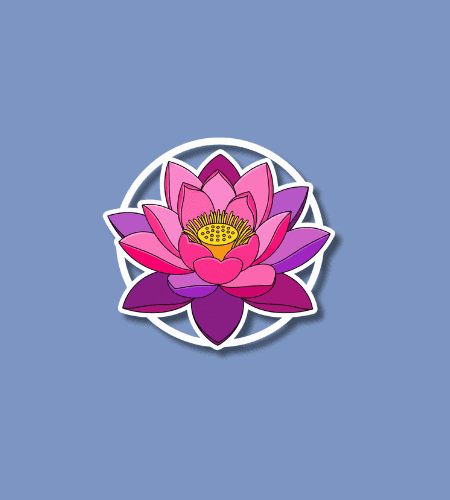World Sexual Health Day is celebrated on September 4 each year. It’s a special day meant to highlight the importance of sexual health for everyone, everywhere.
History of World Sexual Health Day
World Sexual Health Day was first established in 2010 by the World Association for Sexual Health (WAS) to encourage social awareness of sexuality’s role in overall human health and to affirm that sexual health goes hand in hand with sexual rights. From that first celebration under the slogan “Let’s talk about it,” the initiative has steadily gained global reach, drawing participation from more than 25 countries and evolving into a day marked by dialogue, advocacy, and creativity. 1
Each year, World Sexual Health Day highlights a unique theme. For instance, the 2023 theme was “Consent,” reflecting a growing emphasis on mutual respect and informed decision‑making. In 2025, the theme is “Sexual Justice: What Can We Do?”, with a focus on sexual rights, reproductive rights, LGBTQ+ adolescents, and access to information.
Why is World Sexual Health Day important?
Societal silence around sex and sexuality makes it hard for people to feel comfortable seeking help or just talking openly. World Sexual Health Day shines a light on these topics—making conversations about sexual well‑being feel less awkward and more normal. Deep down, we all know these discussions matter, yet they’re often taboo. This day lets us face those taboos, helping people feel seen and understood.
Sexual health deeply intersects with justice. It’s not just about biology—it’s about equity, autonomy, and dignity. When people are denied access to information or support just because of who they are or where they live, their rights are being stretched thin. That’s why themes like “Sexual Justice” aren’t just buzzwords—they’re about making our world fairer, one conversation, one law, one policy at a time.
Here are a few small human reasons it matters:
- it reminds us that everyone deserves to learn and talk about their bodies without shame
- it helps shift the stigma so people can get help when they need it
- it supports people whose identities or needs have been ignored
- it’s a way for people to connect across differences
- it opens doors to informed choices, not fear‑based ones
How to Observe World Sexual Health Day
Honestly, it doesn’t require grand gestures—small, genuine actions can really add up. For example, maybe you share a trusted sex‑health resource on social media or bring up consent and pleasure respectfully with people around you. Maybe someone in your life struggles with those topics; a simple, nonjudgmental conversation could mean more than you think.
Organizations, schools, or groups can do something a little more formal but still doable: host a casual discussion, share a toolkit, or invite someone knowledgeable to speak. The key is to make it real and approachable—avoid awkwardness by keeping it open‑hearted and fact‑based.
Here are a few simple ideas to get involved:
- share a friendly post saying sex health matters
- copy and send a well‑made info graphic to someone who needs it
- ask a trusted person about their views on consent and listen
- encourage school clubs or groups to host a chat about sexual rights
- offer to speak with youth in your life in a non‑judgmental way
World Sexual Health Day Dates Table
| Year | Date | Day |
|---|---|---|
| 2026 | September 4 | Friday |
| 2027 | September 4 | Saturday |
| 2028 | September 4 | Monday |
| 2029 | September 4 | Tuesday |
| 2030 | September 4 | Wednesday |
Subscribe to our newsletter and never miss a holiday again!

